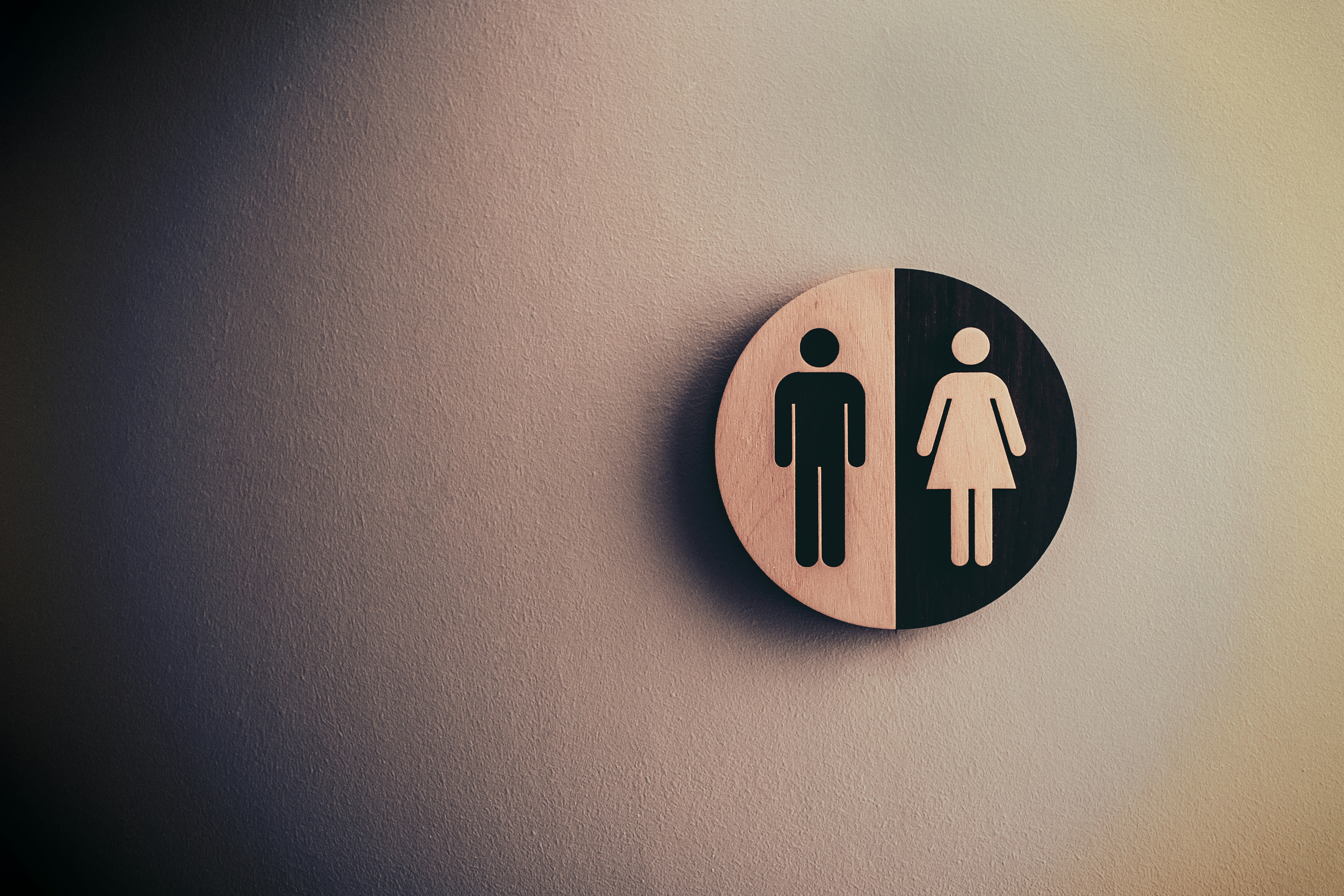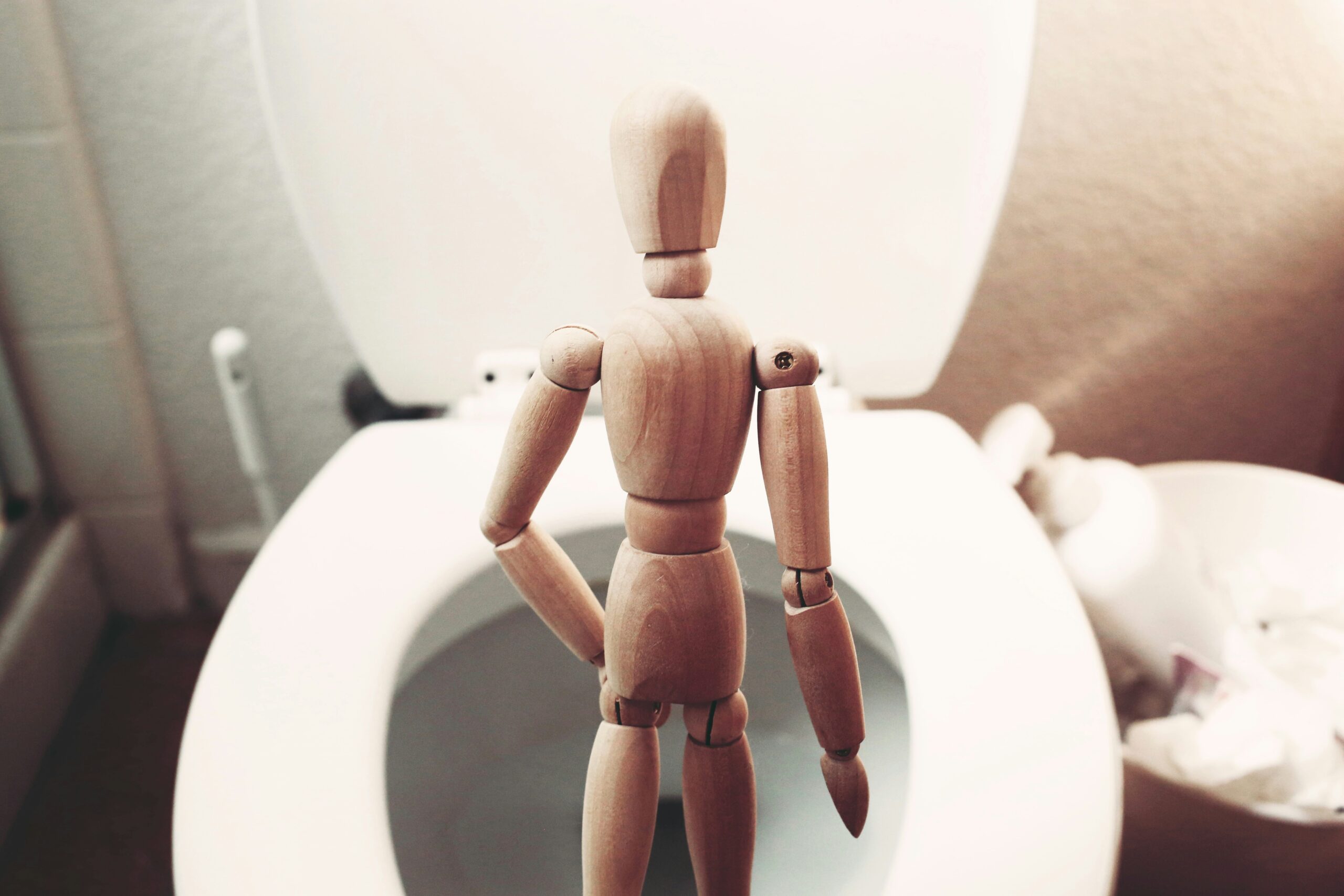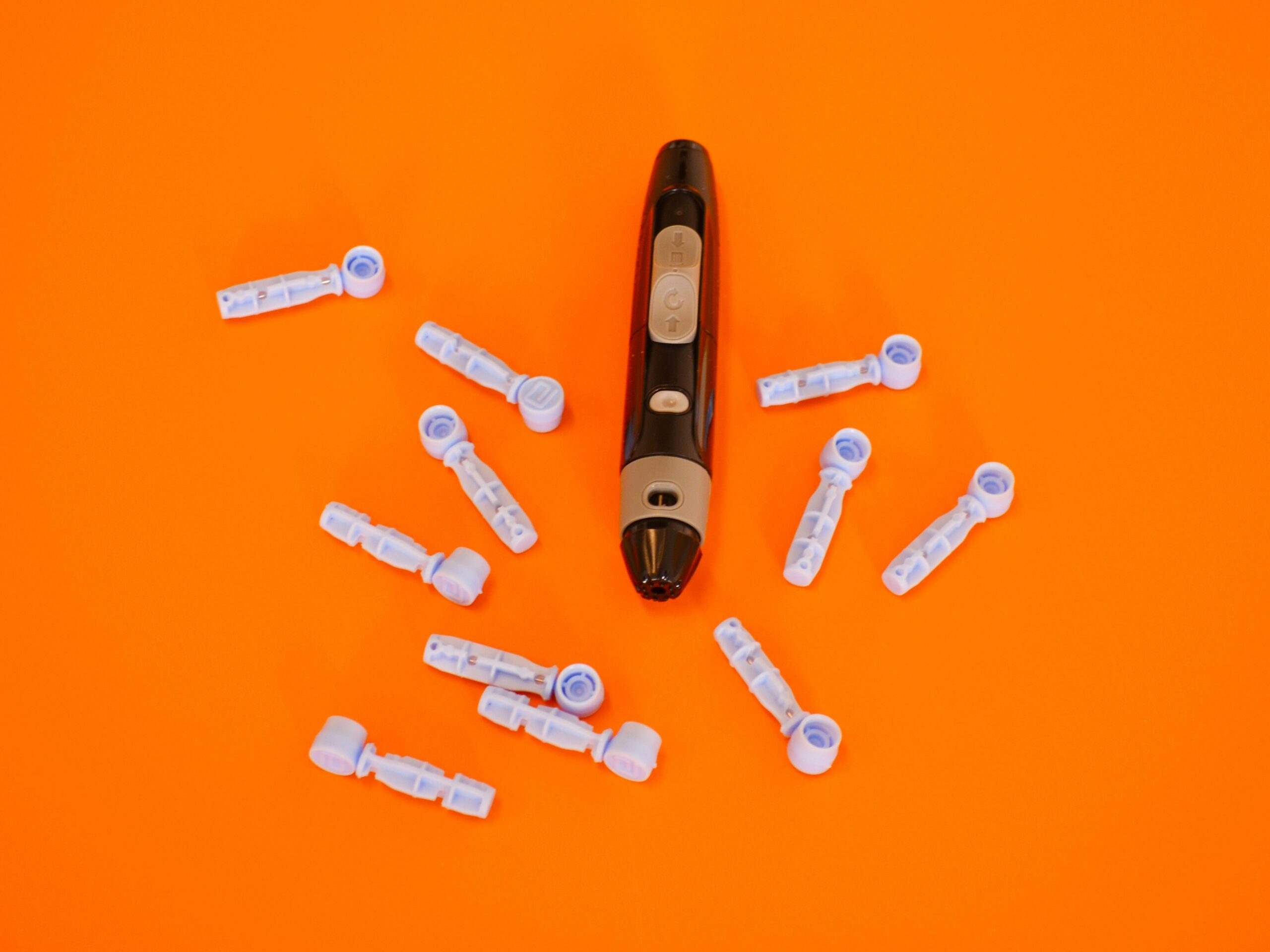Frequent urination implies that an individual needs to pee more frequently than normal. That can mess up their day-by-day exercises and rest designs, influencing their, by and large, quality of life. Ordinarily, individuals take note of changes in how frequently they utilize the washroom based on what they drink and other reasons. But it gets to be an issue when these changes go past what's regular for that individual, and there are other indications.
Frequent urination is something specialists watch a part in both normal clinics and specialized therapeutic centers. It can happen to anybody, no matter their age or sex, but it ordinarily influences more seasoned people and ladies more habitually.
Investigate says that around 40% of ladies and 30% of men confront this situation at some point. It becomes more common as individuals age, highlighting how shifts within the body parts overseeing urination can raise dangers for well-being and not always obvious well-being issues.

Progressing to the toilet frequently can have numerous reasons, from our regular propensities to well-being issues. Drinking a lot of water or devouring things that make you pee more, like caffeine and liquor, which cause kidneys to produce more pee, may be a common reason for visit trips to the bathroom.
Diseases like UTIs are a common issue for ladies. They make the portion of the body where urine comes out harmed and swell up. That makes somebody feel like they have to pee numerous times.
OAB, which implies Overactive Bladder Syndrome![]() , is when the muscle in your bladder works on its claim, and you cannot control it. That produces the desire to pee exceptionally regularly.
, is when the muscle in your bladder works on its claim, and you cannot control it. That produces the desire to pee exceptionally regularly.
Diabetes, which may be type 1 or type 2, causes frequent urination. This occurs because with diabetes, the body endeavors to evacuate excess sugar by creating more urine. Men who have prostate inconveniences, like benign prostatic hyperplasia (BPH) or prostatitis that prevents urine from streaming effortlessly, might discover they require to visit the lavatory frequently. But each time they go, a bit comes out since their bladder doesn't purge totally.
A few drugs, such as diuretics given for hypertension, can cause more frequent urination.
The most obvious sign that you need to pee is feeling like you have to go more often than usual. You might get a solid, sudden urge to use the bathroom, even if your bladder isn't full.
Additional issues can happen, like requiring to pee a lot during the night, called nocturia. This problem can irritate rest and is not great for health.
If you visit the restroom habitually because of a contamination or other issue, you might notice more symptoms. These can include pain or a burning sensation when utilizing the can, blood in your pee, distress in your lower body zone, and feeling like you can't totally purge your bladder. If diabetes is the reason, there may moreover be signs like feeling amazingly parched or losing weight.
Planning to use the restroom regularly is generally not a destructive issue, but it can lead to other troubles. The steady need for urination can significantly disturb daily schedules and decrease productivity. Specifically, nocturia causes a low quality of rest. That makes people feel fatigued and less capable of carrying out their obligations throughout the day.
Encouraging to urinate regularly can result in mental weight. It might produce sentiments of disgrace or stress for people, causing evasion from social settings and essentially affecting their mental well-being. On genuine occasions, it may lead to discouragement and uneasiness disarrangements.
Besides, the mystery thoughts about regularly requiring to pee can be very extreme when they are not cared for. For illustration, diabetes that remains untreated and ignored might lead to genuine problems such as hurting kidneys, causing nerve inconveniences, or indeed causing heart issues. In the same way, if UTIs are not taken care of legitimately, they can create diseases in your kidneys. These conditions are more genuine and require quick therapeutic consideration.

A comprehensive strategy is required to comprehend the reason behind someone urinating frequently. It includes asking numerous questions about their therapeutic past, conducting physical review, and conducting distinctive tests to recognize why this happens.
When a healthcare supplier talks about therapeutic history with a persistent, they might inquire about the time side effects began, the recurrence of the side effect event, and escalated. The supplier may also inquire about drinking liquids and eating propensities of the quiet.
Also, they might ask if the individual takes any solutions or has other side effects, such as torment or fever, along with their primary issue. After this, they conduct a careful physical examination, with a specific center on the paunch region, bladder, and pelvic portion.
Urinalysis![]() , an essential test regularly done, checks your pee sample for signs of contamination, blood, or other abnormalities. This can help discover UTIs (urinary tract diseases), diabetes, and other metabolic conditions.
, an essential test regularly done, checks your pee sample for signs of contamination, blood, or other abnormalities. This can help discover UTIs (urinary tract diseases), diabetes, and other metabolic conditions.
Specialists might inquire about blood tests to examine concerns such as diabetes and kidney operation. These tests uncover subtle elements of blood sugar, pointers of kidney well-being like creatinine and urea, and important extra estimations.
Specialists utilize restorative tests such as ultrasound or CT checks to better see the kidneys, bladder, and urinary tract. These tests are great for determining whether there are any issues with the structure of these parts or if there's a tumor or blockage that might be causing frequent urination.
Urodynamic testing![]() is a way to measure the weight and volume that your bladder can handle. It also checks whether the bladder, in conjunction with the urethra, is legitimately capable of holding or discharging pee. This test helps specialists analyze issues such as overactive bladder disorder and other issues related to the urinary framework.
is a way to measure the weight and volume that your bladder can handle. It also checks whether the bladder, in conjunction with the urethra, is legitimately capable of holding or discharging pee. This test helps specialists analyze issues such as overactive bladder disorder and other issues related to the urinary framework.
Cystoscopy is essentially a preparation in which the specialist utilizes a thin and adaptable tube with a camera to watch the interior of the bladder. The device is put through the urethra into the bladder. This strategy can help find things such as tumors, stones, or any shape issues in the bladder.
The treatment of frequent urination depends on the fundamental cause:
More often than not, to begin with individuals attempt to alter their way of life. Drinking less water, particularly sometimes recently aiming to bed, can offer assistance with nocturia. It can be great to cut down on things like caffeine and liquor; these things make you utilize the washroom more. There are workouts named Kegel works out. They are made to form the muscles that hold and control your bladder and make it more grounded. It can offer assistance in reducing how frequently you would like to utilize the washroom.
These exercises are super advantageous for ladies, especially if they have an infant. This form of exercise, known as bladder preparation, involves progressing to the washroom and making longer intervals between such trips. This strategy helps re-teach the bladder to keep peeing for extended periods.
To bargain with require pee regularly, specialists, as a rule, grant pharmaceuticals. The foremost common sorts are drugs that halt the cholinergic framework for treating a condition known as overactive bladder disorder. They make the bladder muscle unwind; this makes a difference in diminishing the need to utilize the lavatory as a parcel. When there's contamination driving trips to the washroom, we treat it with antibiotics to remedy a basic bacterial infection.
Individuals who have diabetes must control their blood sugar with medication, healthy eating, and exercise. For men who have prostate issues, they may take solutions such as alpha-blockers or 5-alpha-reductase inhibitors. These can help relax the muscle of the prostate or make its organ smaller. This results in a superior stream of urine and less need to pee frequently.
If the issue is genuine, specialists might have to undergo surgery. Operations like taking out the prostate by passing through the urethra (TURP![]() ) or making more space within the bladder can offer assistance with indications. These surgery choices are considered when other medications do not work well sufficiently.
) or making more space within the bladder can offer assistance with indications. These surgery choices are considered when other medications do not work well sufficiently.
Biofeedback treatment is a treatment plan in which electronic instruments are utilized to observe how the bladder works. This helps patients have superior control over their bladder muscles. Electrical incitation could be a way where small electric currents are put on nerves that oversee bladder control. This kind of treatment can make you go to the can less regularly and with less criticalness.
Another strategy for healing that people consider is acupuncture. This may be a distinctive sort of treatment. Some investigations, but not all, appear to suggest that it can be helpful in diminishing how frequently somebody ought to use the lavatory due to a too-active bladder.
Think about natural medications, such as pumpkin seed extrication and saw palmetto, which could be great for making a difference with side effects, including urination. Men having inconvenience because of their prostate might discover these accommodations. In any case, this cannot be continuously the case; the results are distinctive, and utilizing them under a doctor's direction is exceptionally vital.

Long-term for individuals who frequently need to urinate depends, for the most part, on what's causing this issue. They can often handle it well by changing their every day propensities, taking medicines, and utilizing other medications. For case, individuals who have overactive bladder disorder or urinary tract contaminations frequently get much superior when they receive the proper treatment.
Well-being inconveniences that remain for a long time, like diabetes or prostate cancer, require consistent care. With the proper restorative assistance and changes in day-by-day propensities, individuals can oversee their indications well and live a great life.
Early identification and treatment of health issues are exceptionally vital to halting them. Seeing a specialist can help keep the sickness in check and act rapidly if any unused signs show up.
To form urination less regularly, you must have great propensities each day and check for any well-being issues. Eating an adjusted eat less is exceptionally critical. Drink sufficient water, but don't drink as well. Too, attempt to decrease drinks that make you pee more, like coffee or liquor. It might offer assistance with issues of peeing as well regularly.
Working out often and maintaining a healthy weight is critical for remaining healthy. They can help lower the chance of issues like diabetes and weight, which can cause you to need to pee more frequently.
Keeping great cleanliness, particularly for ladies, can help halt UTIs. It implies wiping from front to back after using the toilet, peeing right after having sex, and staying away from things that chafe, like solid cleansers and douches.
Overseeing long-lasting health issues like diabetes or high blood weight with the assistance of solutions, solid eating propensities, and customary visits to the specialist is exceptionally imperative. This makes a difference in halting issues that can cause frequent urination. For individuals who are having trouble controlling their bladder well, doing work to prepare the bladder and make pelvic muscles stronger can offer assistance. These exercises help keep superior control over the bladder and stop side effects from getting worse.